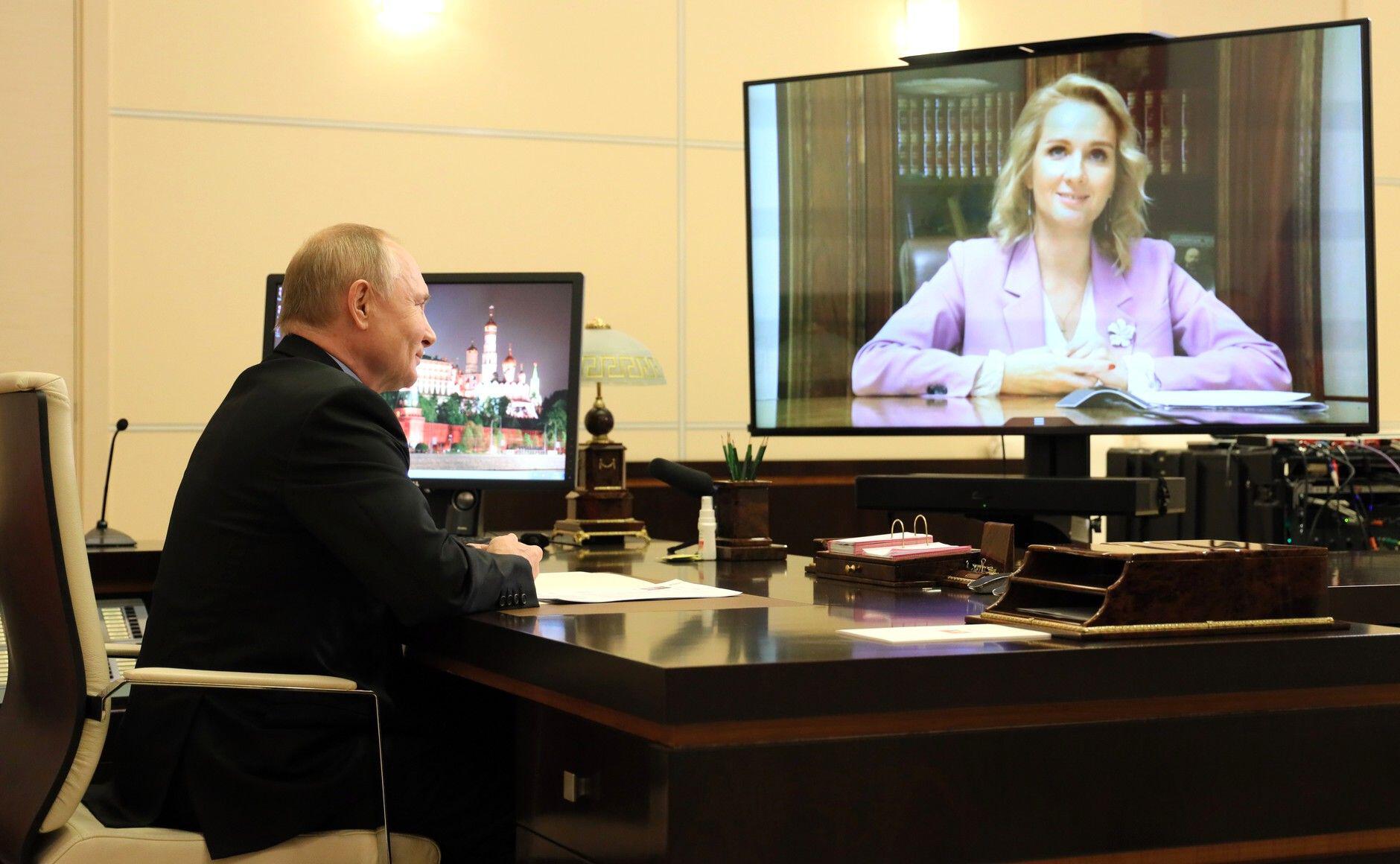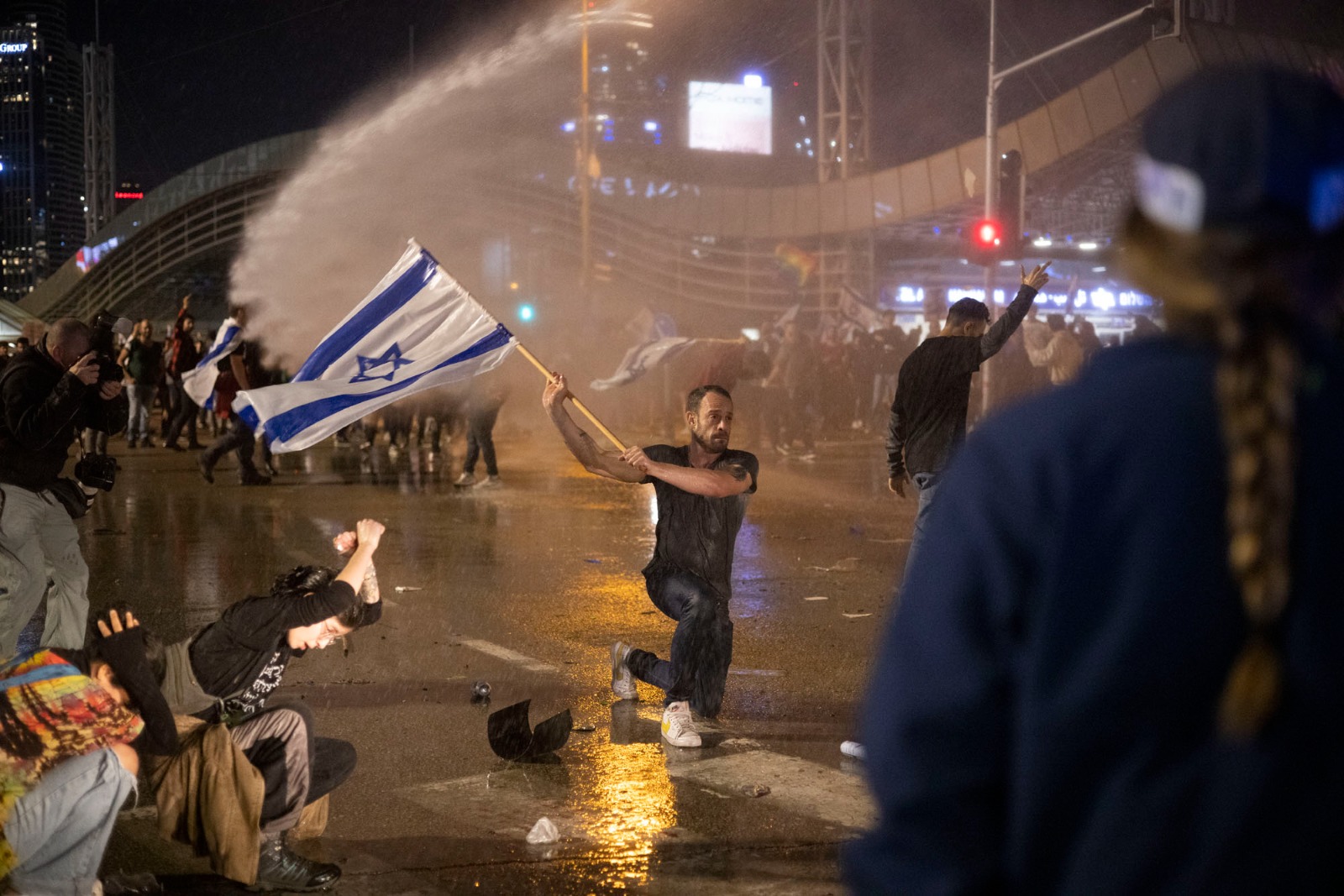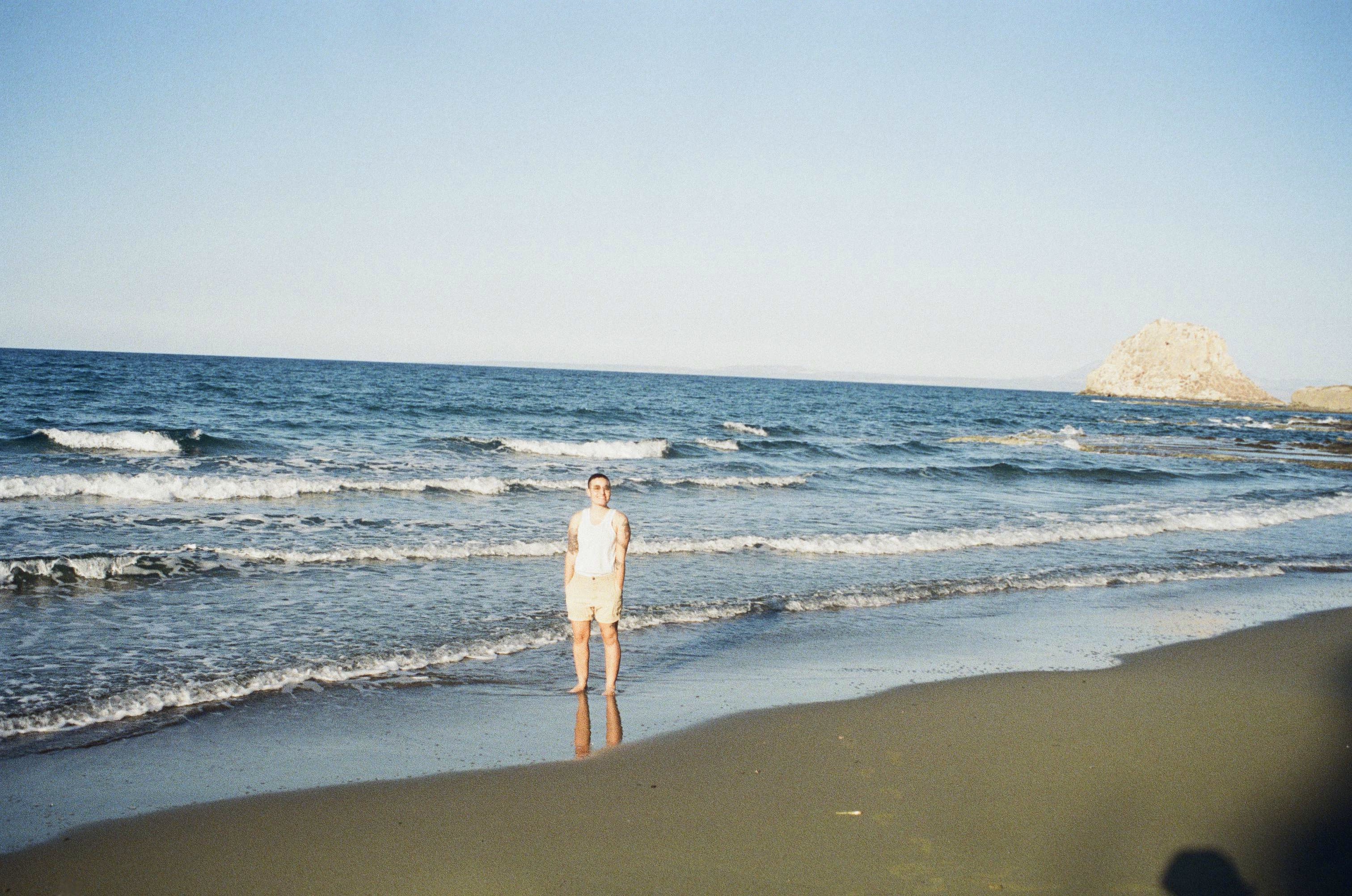Ukrainians seek justice, not revenge
Prosecutors are breaking new ground by holding war crime trials - in real time.
When a video emerged this week purportedly showing Russian soldiers beheading an Ukrainian prisoner, Ukraine’s president Volodimir Zelensky vowed not retaliation, but justice. “How easily these beasts kill,” he said in a video released by his office. “We are not going to forget anything. Neither are we going to forgive the murderers. “There will be legal responsibility for everything.”
The emphasis on legal responsibility is striking, but it has been a key component of Ukraine’s handling of the conflict, including successfully getting the The International Criminal Court (ICC) to issue an arrest warrant for Russian President Vladimir Putin for suspected war crimes.
But further from the media spotlight, something unprecedented in the history of warfare is taking place. Within Ukraine, enemy combatants are being tried for war crimes in the midst of active conflict, with defendants awarded public defence lawyers and the right to appeal.
Ukraine’s prosecutor general Andriy Kostin has registered over 75,000 alleged cases of war crimes since the full-scale invasion began, including murder, sexual violence, illegal detentions and torture.
More than 275 Russian military personnel have been notified of the suspicion that they have committed war crimes; around 100 indictments have been sent to court and some 30 people convicted, half in absentia.
What distinguishes this from “victor’s justice” – perhaps the best known example being the Nuremberg Trials – is that unlike the Allies in WWII, the Ukrainians have not granted themselves blanket immunity, and transparent processes are ongoing with international support and funding.
Eugene Krapyvin, from Ukraine’s Centre of Policy and Legal Reform, noted the case of the first war crimes trial that took place after the full-scale invasion.
“In a country at war, it is very difficult to explain to a person whose family has been killed, for example, that the person who did it cannot be found, let alone punished. Therefore an investigation and conviction, even in absentia, can give them at least some hope of punishment.”
Tank commander Vadim Shishimarin, 21, was jailed for life in May 2022 for shooting a 62-year-old civilian just after the war began. But on appeal from his defence lawyer – appointed and paid for by Ukraine – his sentence was reduced to 15 years.
There have been no acquittals, but as Krapyvin noted, “Usually it goes through a simplified procedure, because suspects admit their guilt and insist on a fast trial - they have in mind the [prisoner] exchange process.”
Since the full-scale invasion began, the UN has recorded more than 22,000 civilian Ukraine casualties, including over 8,000 deaths. As Russian forces withdrew from previously-occupied areas, the full scale of atrocity was slowly revealed.
According to Ukraine’s prosecutor general, Andrii Kostin, investigators have identified over 9,000 war crimes committed during the occupation, resulting in 1,700 civilian deaths. So far, 91 Russians have been identified as involved in these crimes; more than a dozen prosecutions are ongoing.

Russian president Vladimir Putin holds video conference with Russia's Children's Commissioner, Maria Lvova-Belova, in October 2021. The International Criminal Court has issued arrest warrants for the pair on charges of genocide (Alamy/Russian Look LTD).
Cases are already being brought, for instance, into the notorious massacres during the 33-day occupation of the Kyiv region town of Bucha in the early days of the war.
Some trials have involved prisoners of war held by the Ukrainians, but nearly half of all convictions have been in absentia. Victoria Matola, a journalist reporting on justice processes explained that while not ideal, such trials are key to fuel public confidence in the system.
“Society wants to punish Russians for their crimes. And decisions in absentia, in a situation where there is currently no other option for prosecution, make it possible to record these crimes, identify suspects and collect evidence in order to punish the perpetrators in the future,” Matola said. “In a country at war, it is very difficult to explain to a person whose family has been killed, for example, that the person who did it cannot be found, let alone punished. Therefore an investigation and conviction, even in absentia, can give them at least some hope of punishment.”
The process has not been without criticism. Although Ukraine has vowed to also hold its own soldiers to account – it is investigating an incident in eastern Luhansk last November in which video footage appeared to show Ukrainian forces firing on a dozen Russian prisoners of war – progress has been slow.
Another issue is that of the prosecution of combatants under international humanitarian law, a highly specialised field. Trials are being held in civilian courts in the locality where the alleged crimes took place, and despite allies rapidly mobilising to provide focused training and support to the office of Ukraine prosecutor general - the US alone donating ten million dollars –few Ukrainian judges have the required expertise in this type of case.
And although each Russian soldier is awarded a state-appointed defence lawyer and has the right of appeal, the International Committee of the Red Cross has cautioned against the wisdom of war crimes trials being held amid active conflict, noting the difficulty of defendants being able to “adduce proofs which could lessen [their] responsibility or disprove it”.
"There are many stories of tragedy. In such a situation, people naturally want Russia to be punished at all levels.”
The ongoing processes in Ukraine also risk encouraging Russia to follow suit with its own pseudo-legal processes. Russia’s proxies in the occupied east of the country have already convened such trials; last July, a court in the self-declared Donetsk People's Republic sentenced two British citizens to death, although they were later released with three other UK men as part of a larger prisoner swap.
Moscow has also announced plans to build its own tribunal to investigate Ukrainian offences in the occupied east of the country, with support from allies including Iran, Syria and other countries that Moscow describes as neutral.
All these efforts are interpreted as part of a strategy to delegitimatise future justice processes.
Ultimately, Kyiv wants to see Russia’s highest echelons tried for genocide. The March 17 ICC arrest warrant issued for Putin and his commissioner for children’s rights Maria Lvova-Belova was for ordering the deportation of Ukrainian children. Ukraine sees this as among the “acts committed with intent to destroy, in whole or in part, a national, ethnical, racial or religious group” that defines genocide.
The “crime of crimes” as it is known, is extremely hard to prove in court. Nonetheless, experts agree that Ukraine marks a turning point, with implications for prosecuting war crimes in the future. Beyond the symbolic impact of holding such a powerful country such as Russia to account for an unprovoked act of aggression, the new international infrastructure being created could be utilised in other conflicts.
For Ukrainians, justice remains a key part of its war time strategy.
“In more than a year of war, Ukrainians have experienced a lot of suffering, and it is not over,” said Matola. “[Many] have lost their loved ones - some were killed in the war, some were brutally tortured and some were forced to flee their homes and now have nothing and cannot find work to feed their families. There are many stories of tragedy. In such a situation, people naturally want Russia to be punished at all levels.”
Take Action
- Get directly involved in tracking Russian war crimes by joining the 5am Coalition. They are looking for lawyers, media professionals and volunteers to sift through evidence. Be aware this will likely expose you to extremely graphic and distressing footage - consider the risks before committing.
- Alternatively, Bellingcat have been at the forefront of independent journalism identifying suspected war criminals. Consider supporting them here.
- Support Ukranian refugees in Britain - both UK Welcomes Ukraine and the Ukrainian Welcome Centre are always looking for volunteers.
The Lead is now on Substack.
Become a Member, and get our most groundbreaking content first. Become a Founder, and join the newsroom’s internal conversation - meet the writers, the editors and more.





